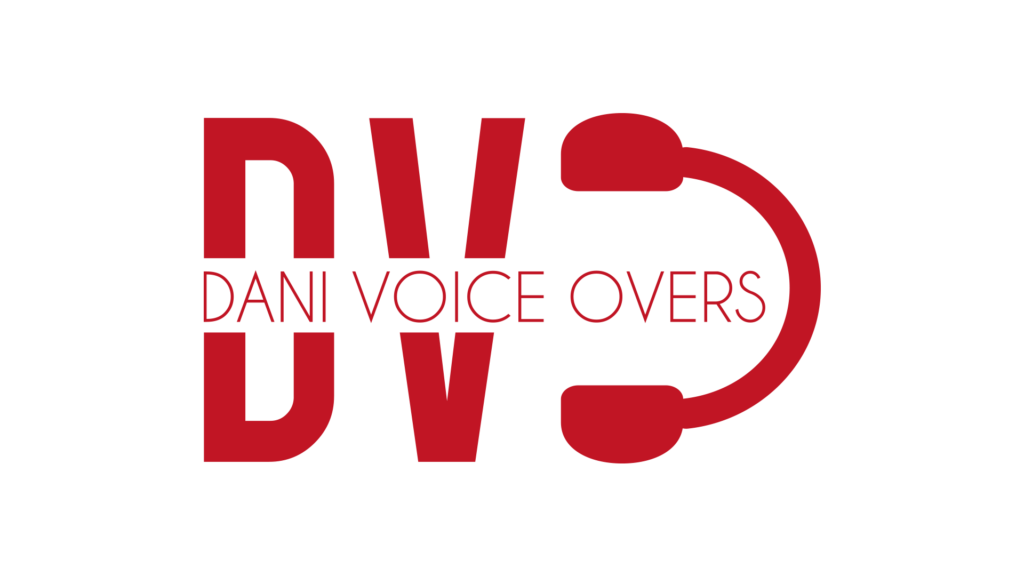
Home » Vocal Health Tips for Voiceover Actors
Vocal health tips for voiceover actors. The voice requires care, training, and optimal conditions to perform at its full potential. Here at DVO, we want to help you reach that potential and make the most out of your voice-overs. That’s why we have consulted Marta Pinillos, an experienced phoniatrician with over 30 years in the business, who explains us how to take care of our voice and provides us with 12 professional tips. These tips are undoubtedly essential for voice-over artists. But we’d like to add, they could also be worthwhile for any professional whose success relies on this remarkable natural tool.
1. Environment and Temperature
Recording studios, whether they’re home-based or professional, tend to be dry and poorly ventilated. It’s important to let some fresh air in whenever possible and even consider using humidifiers if the dryness is severe. And let’s not forget about the temperature. “Keep it around 19 or 20ºC, not too hot, not to cold, as both can strain the vocal cords”, says Marta.
2. Posture
Pinillos recommends keeping a vertical position while recording so that our diaphragm can distribute air properly, without any hindrance. “It’s usually better to record standing up because it provides greater verticality and a good grounding, allowing your body to act as a spring and making it easier to move your hands and feet when the script calls for expressiveness”. This doesn’t mean you can’t record while sitting. Just make sure to maintain an upright posture, back against the chair, to avoid compressing the diaphragm.
3. Recording Time and Breaks
If you must do long hours of recording, our expert advises taking breaks and doing mucosal exercises, such as speaking inhaling the air, to loosen the muscle up. This way, “you prevent it from getting overly tense and can continue recording for a longer period of time.”
4. Free Mouth and Empty Stomach
So, you start feeling hungry or thirsty and give in to the temptation to raid the fridge for something to eat or drink. “Ready to record”, you might think after satisfying your cravings. Big mistake! Marta is adamant: “Before recording, I don’t recommend consuming anything with sugar, salt, sauce, spice, nuts, milk, carbonation… in other words, don’t eat (laughs)”.
Obviously, you can have a little something, but keep in mind that all the aforementioned items will have a negative impact on your vocal cords and mucous membranes, making you more prone to clearing your throat. “And the worst thing you can do your throat is hawking and having mints”, insists our expert. It’s also worth noting that carbonated drinks or alcohol can disrupt and throw off our breathing rhythm, so they’re not recommended.
5. Water, the Fountain of Life
According to Marta, water is indispensable. But if we add a bit of ginger, lemon o baking soda to it… then becomes unbeatable. “Water alone doesn’t help us get rid of that heavy saliva. Ginger, lemon or baking soda help us clear the throat and eliminate those annoying sounds in front of the microphone.”
6. Tricky Phrases or Words
Sometimes you may come across phrases or words that are particularly difficult, making you think you can’t pronounce them correctly. Don’t panic, there’s always a solution. Pinillos advises specific exercises to train and strengthen both the tongue and the inner muscles, and to ‘savor’ the words. “There are challenging words combinations, especially those with many ‘r’ sounds, which are pronounced with the tip of the tongue. My advice is to savor the word, syllabicate it patiently, without skipping any letter, and immerse ourselves in its sound. That’s how we’ll tame it”.
7. Do not force your voice
For situations that require you to strain your voice, pushing your vocal cords to their limit, like Jordi Brau’s tremendous scream when he dubbed Nicholas Cage in ‘The Unbearable Weight of Massive Talent’, our expert shares two tricks: “The first one is to rely heavily on our diaphragm, so that the airflow lasts as long as you want. The second one: when you must shout, always rely on consonants and never on vowels. That way, you’ll protect your vocal cords and avoid injuries”.
We can encounter a similar difficulty when we try to imitate the specific tone of an actor, as it happened to Claudio Serrano when dubbing Christian Bale in Christopher Nolan’s Batman trilogy. Claudio ended up losing his voice in all three movies in his attempts to recreate Bale’s raspy tone and had to seek help from Marta Pinillos to recover.
“Vocal cords are a muscle. When you plan to make it do different things from what it’s used to, it’s vital to train it as many times as necessary before starting to work”, she assures. According to her, all voices can be imitated, but to do that, we need to know how to place our voice correctly. “The raspy voice can be achieved by placing it at a specific point in Adam’s apple and releasing it from there without hurting your vocal cords”.
And remember, it’s not the same saying just three sentences as reading a whole script, hence the important of training to avoid injuries.
8. Injuries
Unfortunately, they’re sometimes in a day’s work, but it’s possible to overcome them. “It’s natural for those of you who use your voice more than usual to suffer vocal cords injuries. Rafa Nadal is more prone arm injuries because he’s constantly swinging the racket”. The good news is that vocal cords lesions can be easily recovered from if caught early and your voice will be perfectly fine. That’s why it’s crucial to seek the expertise of a good phoniatrician if there are any issues.
9. Voice loss and how to get it back
“The first thing you should do if your voice is broken is giving it as much rest as possible and consulting a phoniatrician, to analyze what you’ve done wrong and get the guidelines to prevent it from happening again”, warns Marta. Resting is key to voice recovery, but without understanding the underlying cause of the injury, it’s highly likely to recur. “And thus, injury, injury, injury… eventually leading to nodules or edema”. Also, during resting periods, avoid whispering as well.
10. Grandma’s remedies
According to Marta Pinillos, there are no miracle remedies for the voice, such as holding a pen inside your mouth for improving diction. “When you have a diction problem, what you should do is loosen the muscles involved in speaking, namely the tongue, lips and jaws. Placing a pen inside your mouth immobilizes both tongue and lips while tensing the vocal cords”.
Another false myth, in her opinion, is belly breathing. “The diaphragm is a muscle that surrounds the hips, the waist and the back, and it moves in three directions. Focusing solely on the belly restricts and immobilizes the side and back areas, impeding proper diaphragm function and limiting its ability to efficiently move air”.
11. Diaphragmatic Breathing
“We are all born with diaphragmatic breathing, and until the age of eight or ten, we naturally and unconsciously perform it”, says Marta. It’s important to try to regain and internalize it in order to fully harness the power of our diaphragm.
12. Final Tips
In summary, our expert gives us four quick tips: “First, you absolutely have to learn how to breathe. Second, give yourself a vocal cord massage and warm up your voice every day; it’s very easy and takes no more than three or four minutes. Choose a song and hum it, first with the ‘m’ sound, and then with the ‘r’ sound. This warms up the timbre and the resonators. Third, keep your vocal cords hydrated as much as possible. For example, inhaling steam from a shower, that helps a lot. Lastly, between sessions, practice mucosal exercises, like speaking inhaling the air. Those are the minimum cares you should take”. “And what you should never, ever do is to hawk to clear throat, force the air in or consume mint. Those are the worst things you can do to your throat”, concludes Marta Pinillos.
So, remember: your voice relies on the vocal cords and the muscles in your mouth and jaw, and muscles need to be trained and be taken care of. And when you have any problem, seek help from a specialist, consult a phoniatrician.


